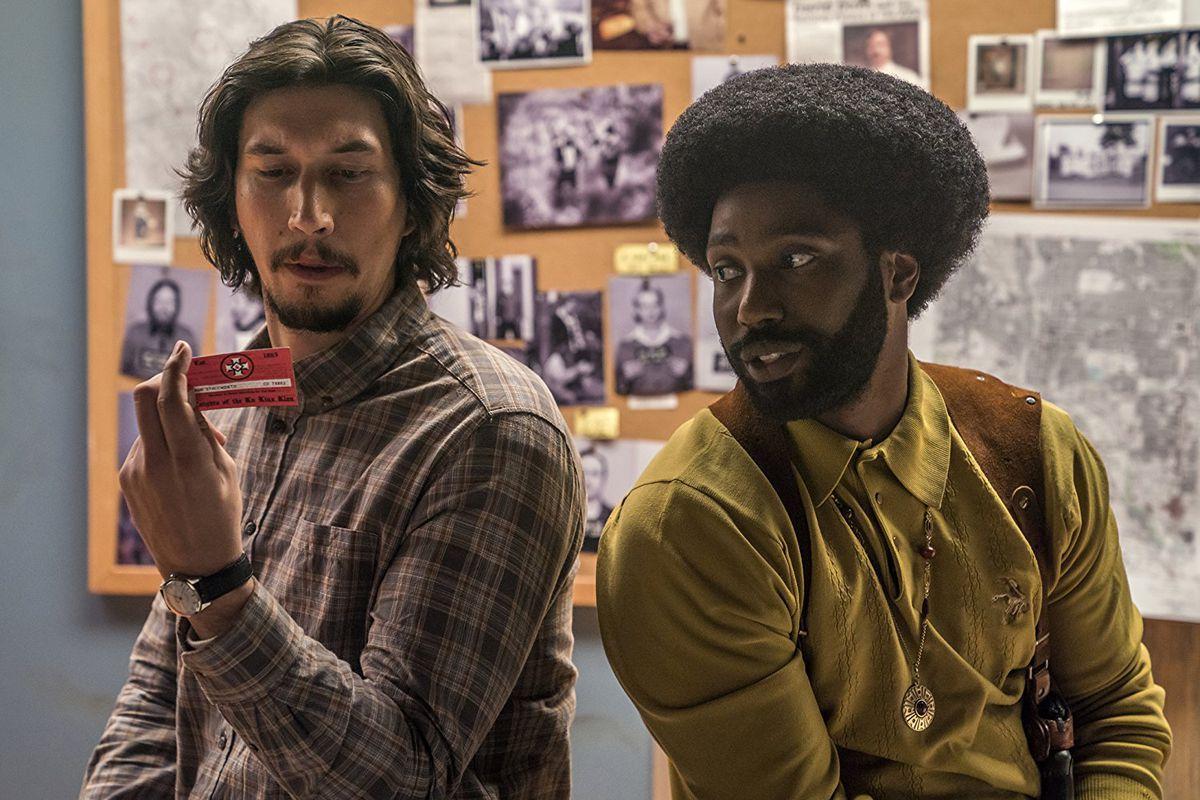Sorry to Bother You director Boots Riley offers political critique of Spike Lee’s BlacKkKlansman
'It’s a made-up story in which the false parts try to make a cop the protagonist in the fight against racial oppression'

Sorry to Bother You director Boots Riley has criticised BlacKkKlansman, saying Spike Lee’s new movie changed historical events to portray American police officers in a positive light.
Posting a three-page essay on Twitter, Riley – who initially found fame with the musical group The Coup – began by praising Lee’s craftsmanship and filmmaking prowess, before attacking the politically charged content of the movie.
BlacKkKlansman is based on the memoirs of Ron Stallworth, a former detective who infiltrated the Ku Klux Klan in the seventies. In the movie, Stallworth (played by John David Washington) manages to prevent a bomb going off at a civil rights rally, making him a hero on the police force.
However, Riley claims the event – along with may other things depicted on screen – was created for the adaptation in order to ender the audience more towards the police. “It’s a made up story in which the false parts of it try to make a cop the protagonist in the fight against racial oppression,” he writes.
Riley’s alleges that Stallworth was part of COINTELPRO, a series of covert and often illegal operations conducted by the FBI to disrupt political organisations, and “infiltrated a Black radical organisation for three years” to ”sabotage” a group who stood against racist oppression. He argues that a Freedom of Information Act (FOIA) proves this and that the operations Stallworth took part in worked against black causes.
“Without the made up stuff and with what we know of the actual history of police infiltration into radical groups, and how they infiltrated and directed White Supremacist organisations to attack those groups, Ron Stallworth is the villain,” Riley writes.
“To the extent that people of colour deal with actual physical attacks and terrorising due to racism and racist doctrines — we deal with it mostly from the police on a day to day basis. And not just from White cops. From Black cops too. So for Spike to come out with a movie where a story points are fabricated in order make Black cop and his counterparts look like allies in the fight against racism is really disappointing, to put it very mildly.”
Riley finishes the essay by pointing out that Lee was allegedly paid $200,000 by the New York Police department to direct an advertising campaign to improve their image with minority communities.
“Whether it actually is or not, Blackkklansman feels like an extension of that ad campaign,” he concludes. Lee has yet to comment on Riley’s essay.
Join our commenting forum
Join thought-provoking conversations, follow other Independent readers and see their replies
0Comments